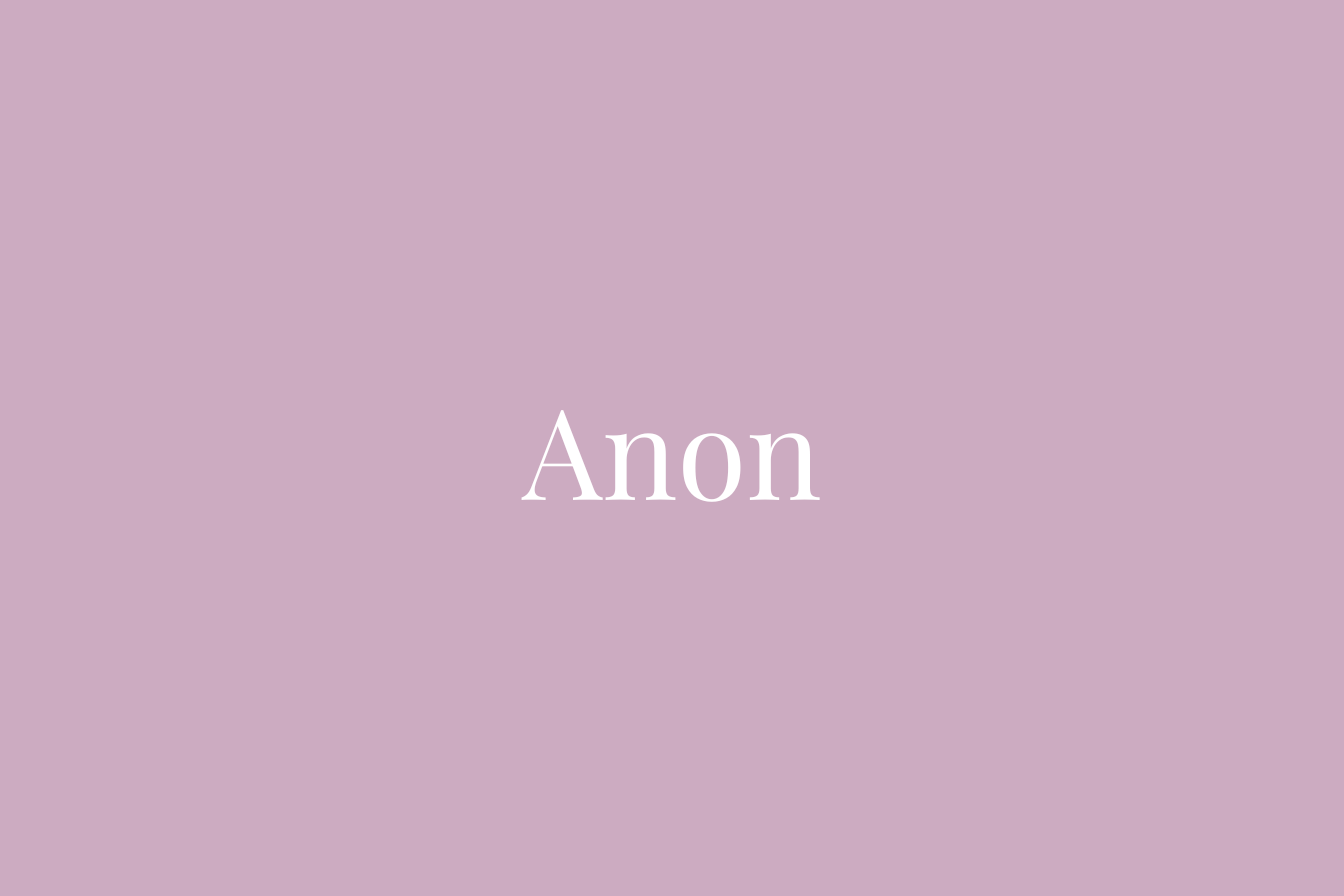In a world where sharing online is second nature, the concept of “Anon” brings in a twist to the digital narrative. Have you ever wanted to express your thoughts without revealing who you are?
That’s where “Anon” comes into play.
It’s a term you might have seen floating around on social media, forums, or other virtual spaces.
This article will dive into the meaning of “Anon,” look into the emotions it stirs up, and explore the various situations in which it is used. For those curious about whether it’s appropriate for all audiences, we’ll clarify if it’s safe for work and for children to encounter.
Let’s peel back the layers of “Anon” and understand how it fits into our daily online interactions.
Key Takeaways:
- “Anon” is short for anonymous, meaning someone’s identity is not shown.
- This word often makes people think about privacy and secrecy.
- It’s mainly used online where people want to share thoughts without giving their name.
- “Anon” is safe for work, as it describes a way to keep personal info private.
- It is also safe for kids to understand, as it teaches about internet privacy.
Meaning of Anon
When I say “Anon,” I’m usually talking about someone who chooses to keep their name a secret. It’s a short form of the word anonymous which is a fancy way of saying that no one knows who the person behind the message is.
On the internet, keeping your identity secret can be important, especially when you want to say something without having someone judge you just because they know your name.
The name “Anon” is often tied to internet groups that want to keep their actions and membership secret. When someone posts a message or comment without using their real name, they might be listed as “Anon” to show that we don’t know who they are.
This can help people feel more free to share their real thoughts and feelings without worrying about getting in trouble or being embarrassed.
Examples
Here are three real-world situations where “Anon” might come up:
- Online forums: When I join a chat room or an online message board to talk about my favorite TV show, I might choose not to tell anyone my real name. That way, I can tell people what I really think about the last episode without anyone knowing it’s me.
- Social media: Sometimes when I’m scrolling through my social media feeds, I see stories from people who have chosen not to share their names. They might be talking about tough things they’ve been through, and they write as “Anon” for safety.
- Feedback and surveys: If I need to give feedback about a service or answer questions for a survey, I might be asked to do this as “Anon”. This helps to make sure that the feedback is honest, because people know that no one will know it was them who said it.


